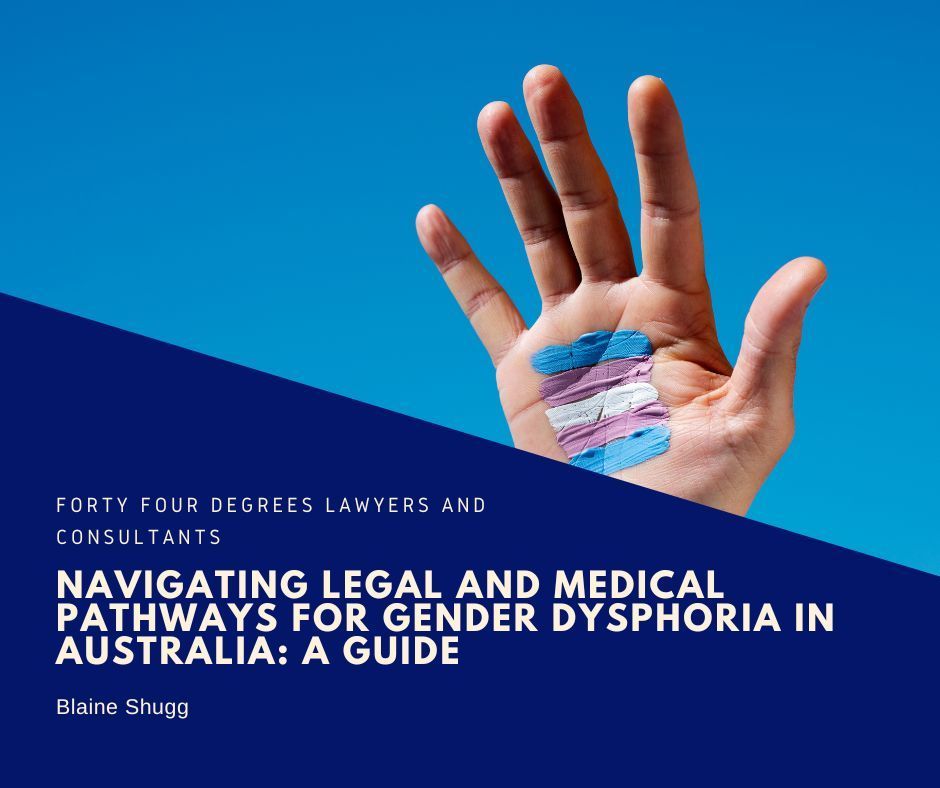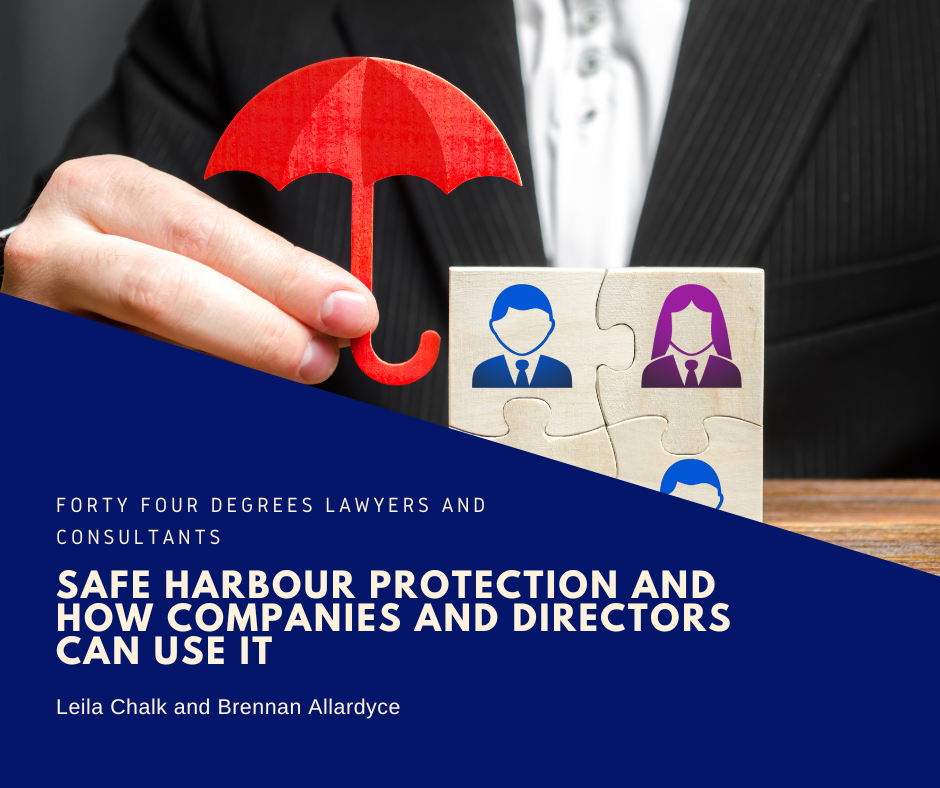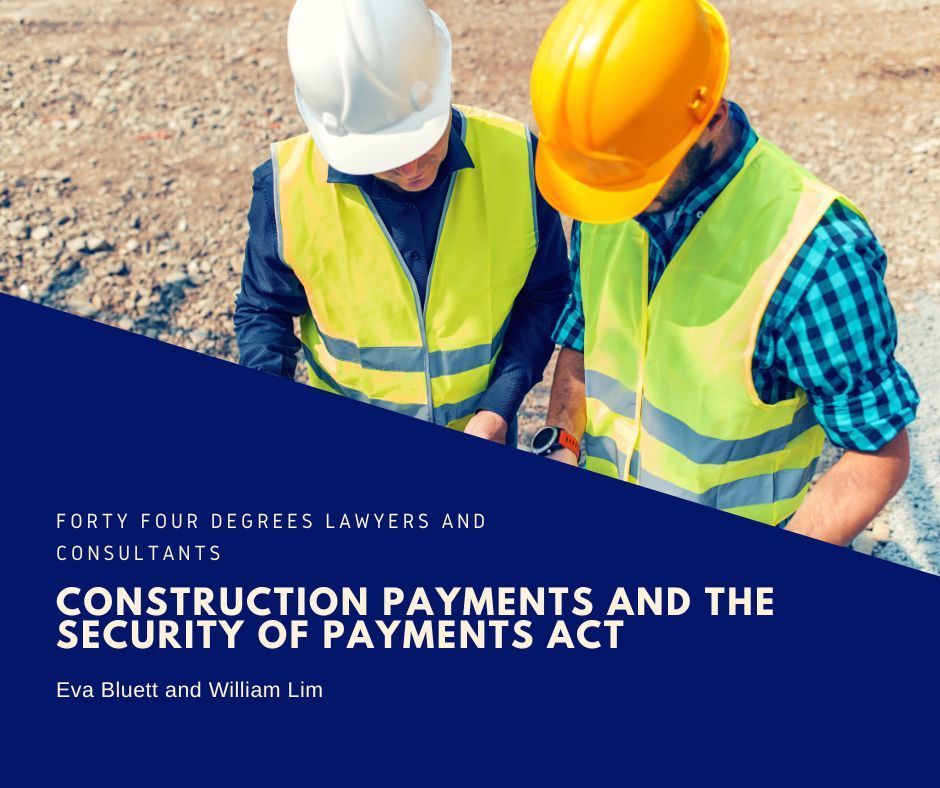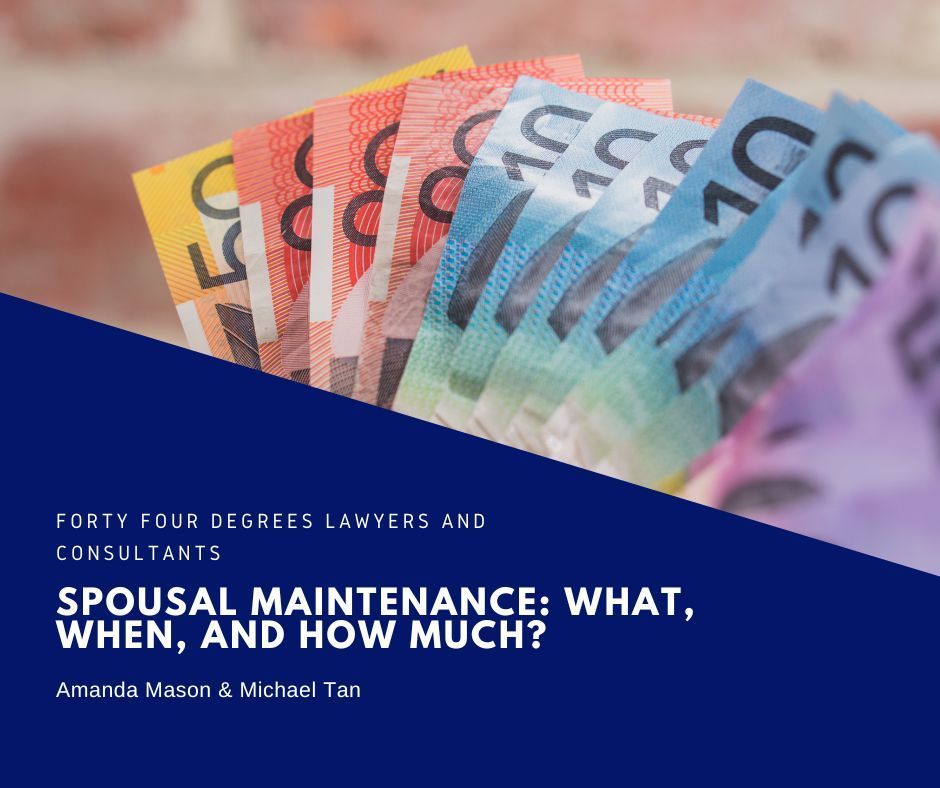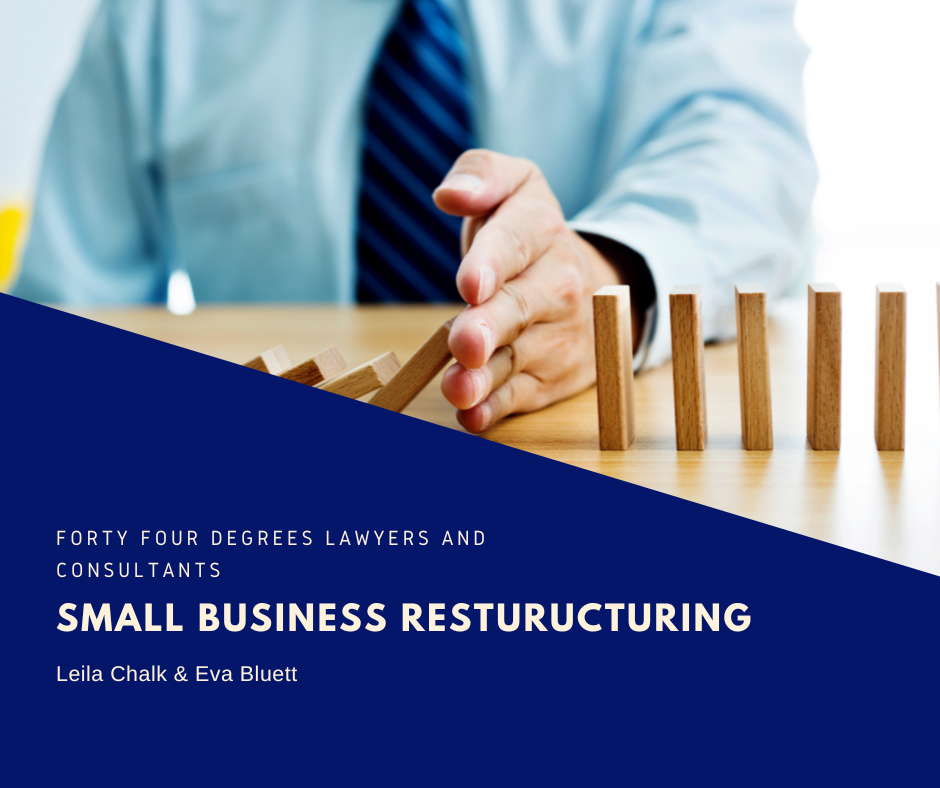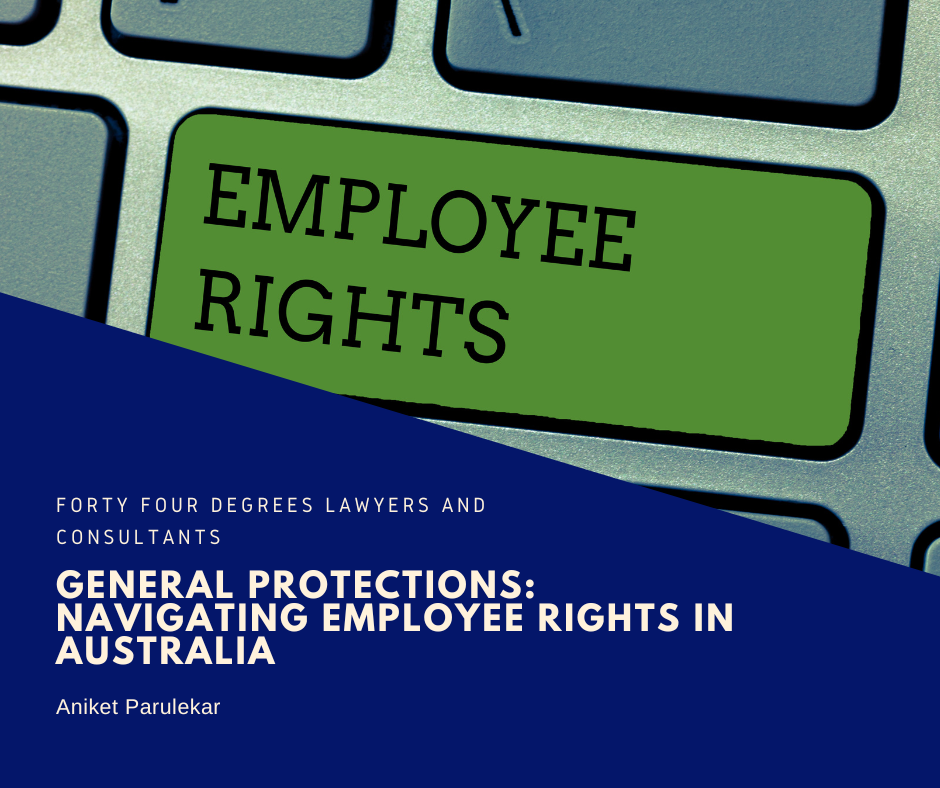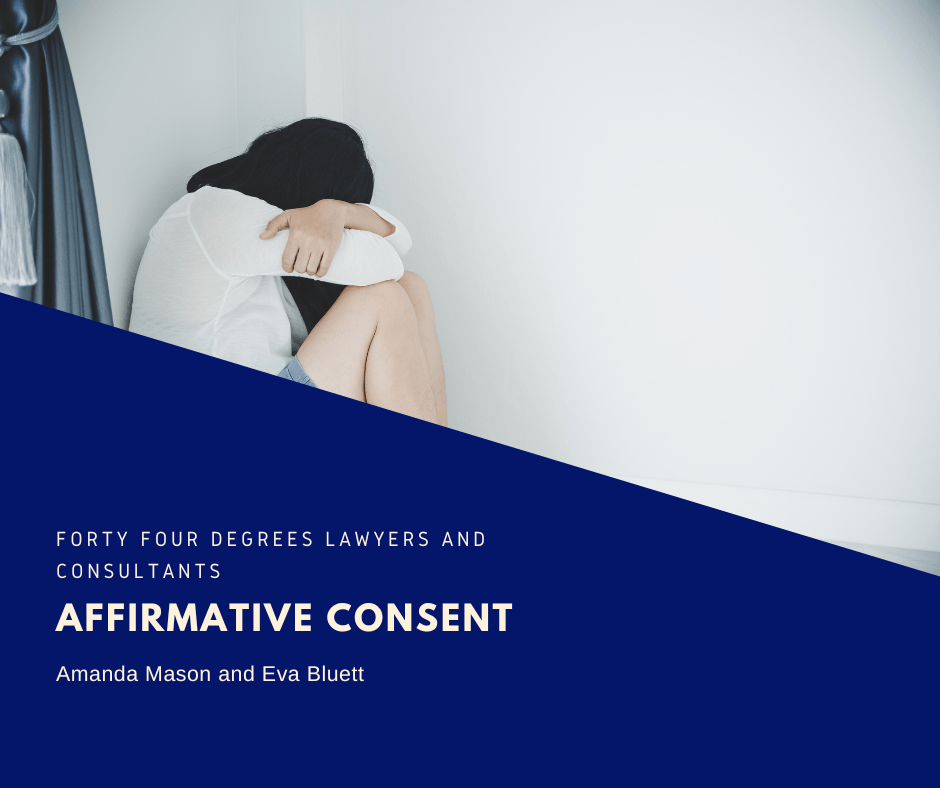Divorce Proceedings - FAQ
Ensieh Bayat • Feb 13, 2020
Questions we get during family law proceedings

“What is the difference between a divorce and a property settlement?”
A divorce is the end of the marriage; it is the termination of a legal relationship. A property settlement, on the other hand, is a process that allows for the division of matrimonial assets. Often we talk about these two things together, but they are separate processes.
“Can I post about my divorce or separation on social media?”
The short answer is; not until everything has been finalised.
We understand that most people (us included) use social media to share news about their lives with their friends and family (e.g. New baby, engagement, travel and most recently divorce). It can be very tempting to show everyone, especially you ex-spouse, that you are doing well and you are much better off without them.
Unfortunately, sometimes these posts can be used to the detriment of your property division and, in more extreme cases, parenting arrangements.
You spouse can argue that you are using money from the joint asset pool to fund your new lavish lifestyle, that you are ruining their reputation in the community and in some cases, you are neglecting the children. In these cases, we would have to prove to the court that these statements are not true and doing this can be costly and time consuming.
We therefore recommend that you not post anything on social media until everything, including property division and parenting arrangements, have been finalised.
We do however recommend that you let your close friends and family members know early on. Divorce can be a difficult time and you will need all of their support to get through this. You can inform them using group chats, phone calls and even the traditional face to face conversation.
“What are disclosure documents?” “Why do I have to do submit all of these financial documents?”
Duty of disclosure requires all parties to a family law dispute to make full and frank disclosure of information to each other party all information relevant to an issue in the case. This includes information recorded in a paper document or stored by some other means such as a computer storage device and also includes documents that the other parties may not know about.
The duty to disclose in family law applies in both parenting matters and financial disputes.
Failure to provide disclosure or providing false or misleading information, can result in the Family Court making final orders that are not fair, just or equitable or orders pertaining to parenting arrangements that are not in the best interest of the children. Failure to provide full and frank disclosure may also lead to being found guilty of contempt of court for non-disclosure or for breaching an undertaking as to disclosure. The court could impose a fine or a term of imprisonment for contempt of court.
For financial matters, the duty to disclose relates to any information as to earnings, interests, property, or any other financial resources to which a party has access whether directly or indirectly.
This can include but is not limited to:
- Details of assets that you own or are in your possession including valuations or appraisals of these assets;
- Copies of Pay slips, Group Certificates and/or Centrelink statements;
- Copies of tax returns, estimates or assessments;
- Copies of statements from any of your bank, building society and/or credit union accounts;
- Copies of statements from any credit card/s and any loans;
- Superannuation statements; and
- Details or interests in any company and/or trust and supporting documentation.
Parties are also required to disclose information relating to the disposal of any assets, if the disposal occurred during the year prior to separation or since separation. This includes items sold, transferred, assigned or gifted as well as any items purchased with funds acquired from the disposal of the asset. More information is available in our Duty of Disclosure guide.
“We were married overseas, can I get a divorce in Australia?”
If you were married overseas you may still be entitled to apply for a divorce in Australia. In order to apply for a divorce one of the parties must:
- Regard Australia as your home and intend to live indefinitely in Australia; OR
- Be an Australian citizen by birth or descent; OR
- Have been granted Australian citizenship; OR
- Ordinarily live in Australia and have lived here for at least the last 12 months.
“When can I start using my maiden name again?”
You can use your maiden name at any time, even when you are married.
If there are any legal documents that you wish to change, most organisations have a simple process where you can change your details for future references.
“When can I get married again?”
Once the court has granted you a final Divorce Order (the “Decree Absolute”), you are able to get married again.
“I want everything/ I don’t want to give them a cent and I think that is fair so I going to take this matter to court.”
Property proceedings can be messy and emotionally charged. Parties in such a proceeding think this is their last chance to “fight”, stand for their rights, or make the other person suffer.
What we emphasise to our clients is that neither party is going to leave the process entirely satisfied. Both sides will inevitably compromise on a point that they did not want. So, we always encourage our clients to settle for what is “equitable” rather than what they perceive to be “fair”.
This is not to say that you should give up or be fearful that going to court is detrimental. Legal advice is unique to each individual and we suggest you speak to us about your particular situation. Good legal advice will help you maintain perspective about what is worth pursuing and what is not.
Ensieh Bayat
is a family law solicitor at Forty Four Degrees practicing in family law, criminal law, wills and estates, and employment law.
Contact Us
We’re an Australian Law Firm promoting a nuanced, personal touch. We have the skills you need to resolve your case quickly and with a positive outcome. Our straight talking team stays close to simplify what is most often a complicated process. We help individuals and businesses with technology and startup law, property law including conveyancing and leasing, commercial law, civil litigation, wills, estates, bankruptcy, insolvency, criminal law, and professionals facing investigations and charges from their regulatory body.
We have a connected network of talented lawyers in Melbourne CBD, Dandenong, Ballarat, and Ivanhoe East.
Fill out the form or call us on 1300 892 237.
Thank you for contacting us.
We will get back to you as soon as possible
We will get back to you as soon as possible
Oops, there was an error sending your message.
Please try again later or call us on 1300 892 237.
About Us
We do business your way.
203/ 50 Market St, Melbourne VIC 3000
50 Lydiard St South
Ballarat Central VIC 3350

